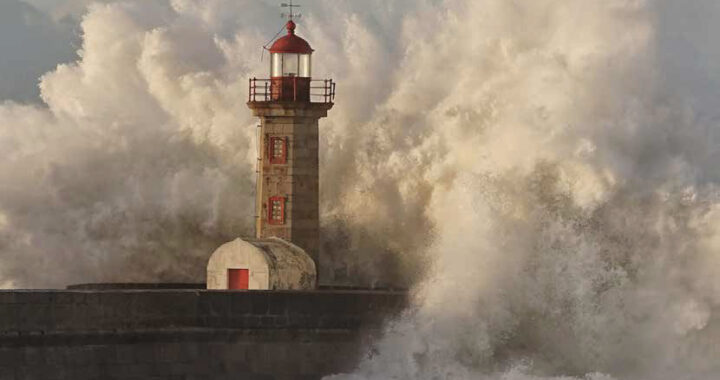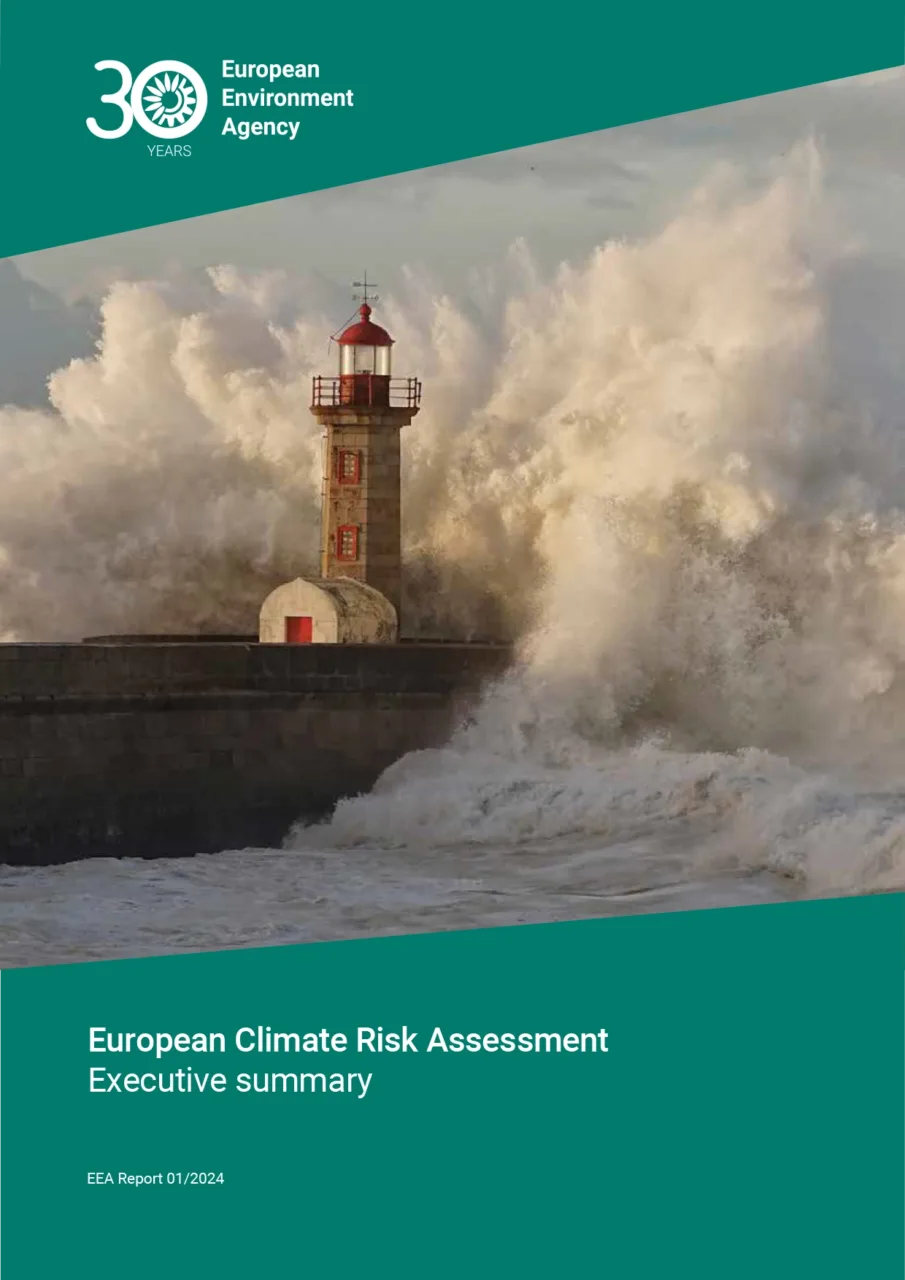Historian and researcher Luiz Marques of the State University of Campinas, in the Brazilian state of São Paulo, has written a paper entitled “Europe, climate emergency and denialism” in which he criticizes various forms of European denialism and points to serious environmental problems on the continent. According to Marques, the main form of European denialism is the persistent belief that Europe is not at the forefront of global environmental collapse. Here is a summary of the article’s main points:
The European Environment Agency (EEA) and Copernicus (the European climate agency) published two reports in March and April 2024 [1] and [2] confirming the alarming rate of warming in Europe.
Europe is facing a major environmental crisis as it is the fastest warming continent on the planet. Reports from the European Environment Agency and Copernicus confirm the alarming rate of warming in Europe. Heat waves, droughts, floods and extreme weather events are becoming more frequent and intense, threatening food and water security, energy stability, public health and social cohesion. The acceleration of warming rates in Europe is evident, with decadal warming rates increasing significantly over the last 50 years.
The impacts of climate change on Europe are profound, with heat waves leading to an increase in heat-related mortality, floods and droughts affecting millions of people, and glaciers in the Alps retreating. Forest fires, deforestation and degradation are also on the rise, affecting ecosystems and biodiversity. The continent’s water resources are under pressure, with aquifers and groundwater levels falling. Agriculture faces significant risks, with crop losses due to heat waves and droughts. Deforestation and increased forest fires contribute to carbon emissions and environmental degradation.
European denialism, manifested in the repression of environmental activists, the rise of fascism and the prioritization of war rhetoric, hinders efforts to address the environmental crisis. The focus on military spending and conflict diverts attention from the urgent need to mitigate climate change and adopt sustainable practices. Dependence on fossil fuels, including imports from Russia, highlights the contradictions in European environmental policy.
To address the environmental challenges facing Europe, a shift towards peace, sustainability and climate action is essential. Raising awareness, adopting sustainable practices and prioritizing environmental protection can help mitigate the effects of climate change and ensure a more resilient future for the continent. It is vital that European governments and society recognize the urgency of the situation and take decisive action to protect the planet and future generations.
The above does not necessarily reflect the views of C. Cornell Evers.
Notes
[1] European Environmental Report (EEA Report 01/2024), European climate risk assessment
[2] European State of the Climate 2023


